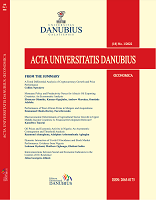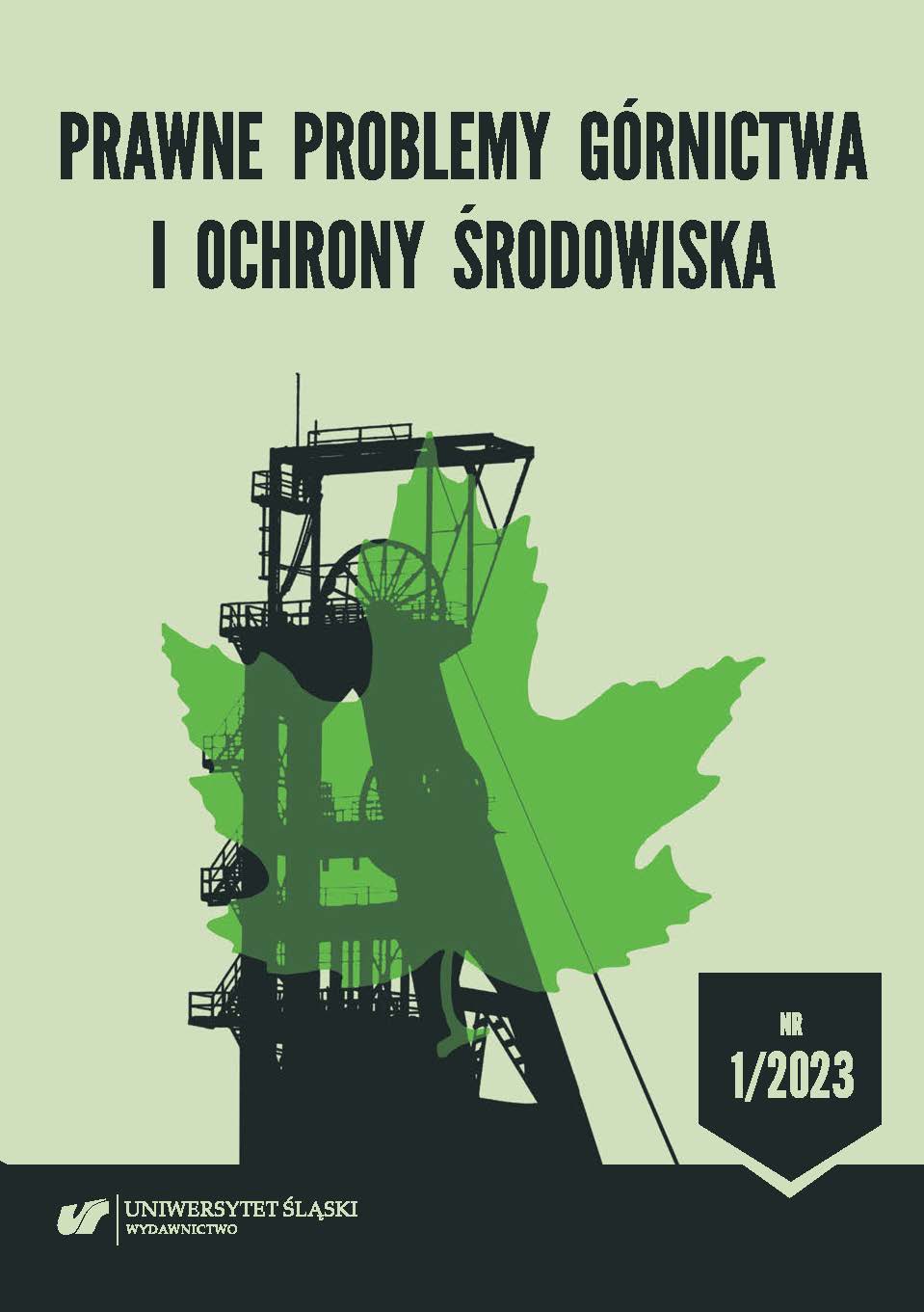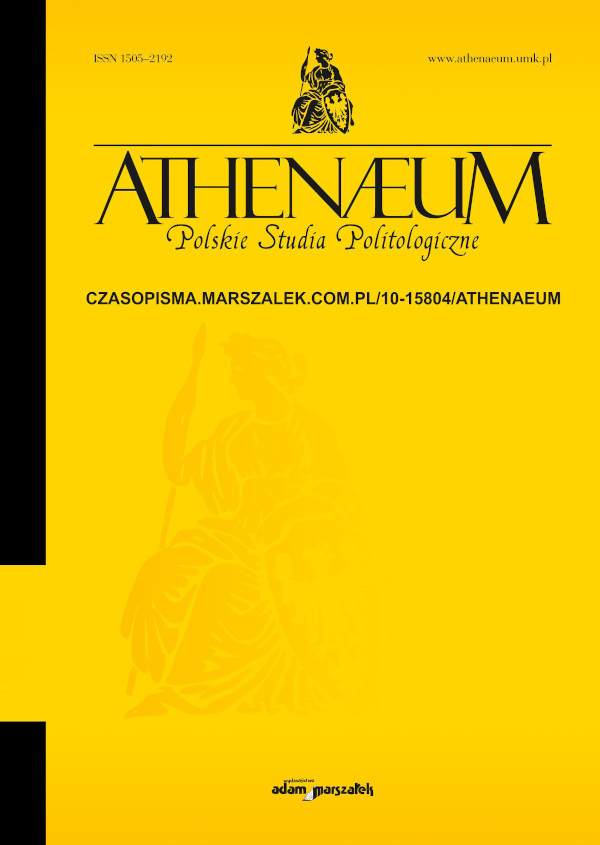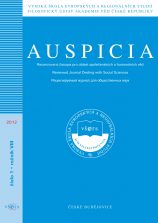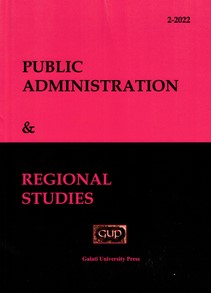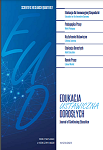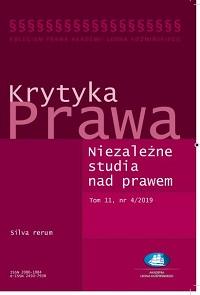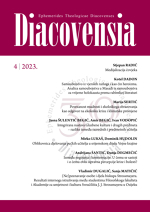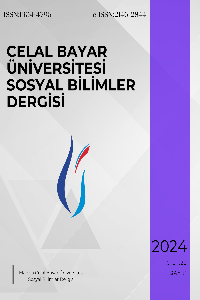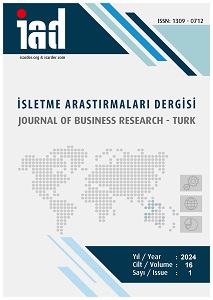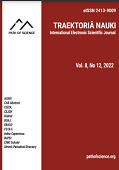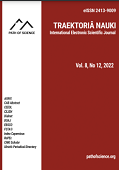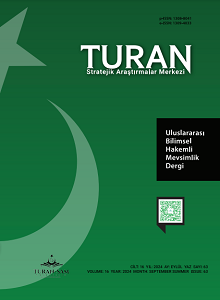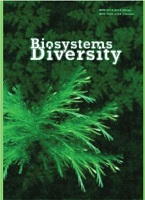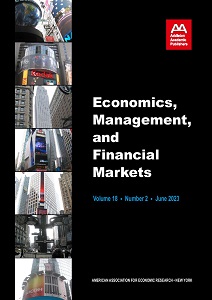Author(s): Excel Obumneme Amaefule,Anyawu Solace Amarachi,Chukwuebuka Owen Abuka,Faith Ozioma Nwaogazie,Charity Ngozika Nwabuko,Chiemela Chidinma Divine / Language(s): English
Issue: 8/2023
The research addresses the prevalent issue of inadequate water and wastewater treatment in Nigeria. Over the years, advanced countries have developed substantial and robust systems for the treatment of water and wastewater, which ensures the preservation and sustenance of societal health and mitigates against the negative impacts that untreated and unregulated wastewater could cause to the environment, including water pollution, transmission of illnesses, destruction of ecosystems etc. The study examines the historical and most recent water treatment methods, including boiling and more advanced techniques such as Membrane Filtration, Ultraviolet Disinfection and Reverse Osmosis. Also, an overview of the potential threats to water treatment, including poor power supply, poor infrastructure, poor waste management system, poverty, policy issues, and corruption, was conducted. With the advent of technology, treatment methods such as biological and chemical treatments have been instituted. For example, biological treatment entails using bacteria to destroy contaminants in water, leveraging the natural ability of microorganisms to survive in unseemly harsh conditions. The paper explores the economic analysis of waste management strategies in Nigeria, stating the costs, benefits and challenges faced. While implementing these strategies can be costly due to a lack of infrastructural and institutional capacity, it benefits societal health protection and promotes environmental sustainability in the long run. Stakeholder engagement includes supporting water and wastewater treatment technology implementation and setting up local committees. That can help educate and ensure proper disposal of waste and wastewater by homeowners, industries and local businesses, which is discussed as an essential factor in providing adequate water reforms. The research examines important organisations in Nigeria responsible for conducting research, developing policies, enforcing environmental laws, and developing national guidelines and standards. These organisations include the Federal Ministry of Water Resources, the National Water Resources Institute, River Basin Development Authorities, the Federal Environmental Protection Agency, the Federal Ministry of Environment and the National Environmental Rules and Regulations Enforcement Agency. We examined the relationship between climate change, water and wastewater treatment, discussing the effects of climate change on water resources, including irregular rainfall patterns, decreasing ice sheets, increasing sea levels, floods and droughts. The efforts of the Nigerian government to combat climate change, such as the introduction of the national climate change policy and the enactment of the Climate Change Act 2021, were highlighted. The study also highlights the need for comprehensive strategies and cooperation to achieve long-term climate goals and promote climate-resilient economic development. We looked into the socioeconomic impact of effluent discharge and socioeconomic factors related to climate change in Nigeria. It reveals how wastewater affects agricultural activities such as fishing and farming and negatively impacts aquatic life, farmers and consumers. Discussions revolved around societal rights and obligations stated in the Nigerian Constitution regarding the government's responsibility to provide access to healthcare, shelter, food, employment, and education. Recommendations were made, emphasising the need for properly designed and operated water treatment systems, prioritising water management, the importance of considering local conditions and the use of appropriate technology in ensuring the success of projects. Financial support from international organisations is essential. However, local commitment is likewise crucial for long-term sustainability.
More...
